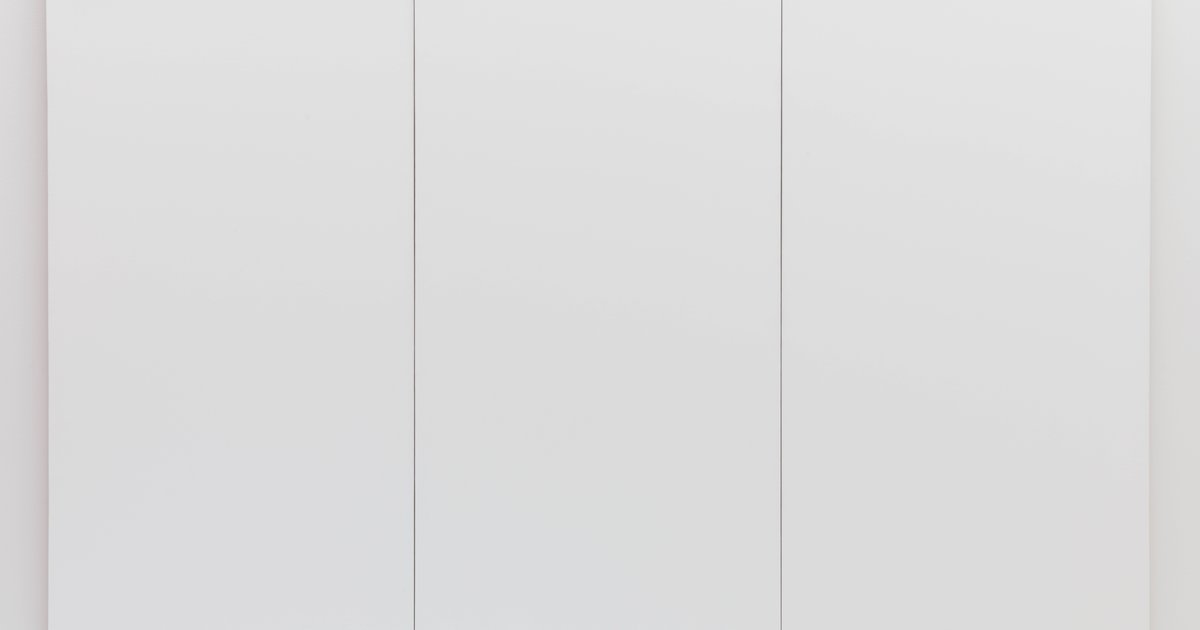“Art does not reproduce the visible but makes visible.”
- Paul Klee
Discuss the quote.
- What is the difference between
A painting and photograph?
A painting and an image?

This video was suggested by my student Amaru.
Watch:
Why these all-white paintings are in museums and mine aren't
Representational art
1
2
3
4
5
6
7
8
9
10
Non-representational art
1
2
3
4
5
6
7
8
9
10
Illustrate convey arrange depict
layer juxtapose contrast
evoke delineate show
sketch compose assemble position
surface balance portray
render represent symbolise
Try using these words in sentences
White Paintings
1. Which movement are
white paintings associated with?
2. Who is "THE" abstract expressionist?
3. What's the difference between minimalism and abstract
expressionism?
4. What is a the most common reaction to minimalist art?
5. Where does minimalist art "live"?
6. What should you do after your first reaction to an ambiguous work
of art?
Listen again and fill in the gaps:
1. The first man sees only "a
blank canvas with some _____"
2. Robert Ryman's painting, which
is entitled ____, sold for 20.6 million.
3. There are a lot of these
_____-______ "white paintings"
4. Minimalism first ______ in the
late 1950s.
5. White is always _____ in some
way.
6. There are lot of very small and
faint ______ that make it more than just a white canvas.
7. Abstract Expressionists
believed art ought to be _____, expressive and emotional.
8. Minimalists thought the art
object - ___ it sculpture or painting or installation - should be removed from
the author.
9. Minimalists took away the
______ of art needing to be about something else.
10. A group of _______ friends are
torn apart when one of them buys and all white painting.
11. Pop Art has a lot of very
easy-to-recognise ________
12. A lot of art today has more to
do with the ____ than "skill".
13. It's easy to be _______ of
things that don't immediately grab our attention.
14, According to the curator, an
all-white painting may teach you about itself but also _______.
Collocations
Erased de Kooning (1953)
Before watching - Why would one artist erase the work of another artist and exhibit it as an art work?
0:00 - 1:30
1. What Rauschenberg's relationship with the de Kooning circle.
2. "I kept making drawings myself and erasing them. And they just looked like an erased _____________. You know, it was nothing. So I figured out that it had to begin as art. So I thought it was going to be a ___________ - it was going to be an important piece. Do you see how ridiculously you have to think in order to make this work?"
3. Before watching the next part, how do you think Rauschenberg went about getting a de Kooning piece and erasing it? How do you think de Kooning would react to the idea? Positively or negatively?
1:30 - 3:28
1. What were de Kooning's two conditions for allowing Rauschenberg to erase his work.
2. What is on the other side of the erased work?
3. How do you think the public reacted to the final work?
4. How you think Rauschenberg felt about the work? How do you think de Kooning felt?
3:28 - end
After watching
Returning to Klee's famous quote:
“Art does not reproduce the visible but makes visible.”
-What exactly does Rauschenberg's "Erased de Kooning" make 'visible'?

/cdn.vox-cdn.com/uploads/chorus_asset/file/9198935/robert_ryman_bridge_d5896026g.jpg)

This blog post is really great; the standard stuff of the post is genuinely amazing. ReMARKable whiteboard paint
ReplyDelete